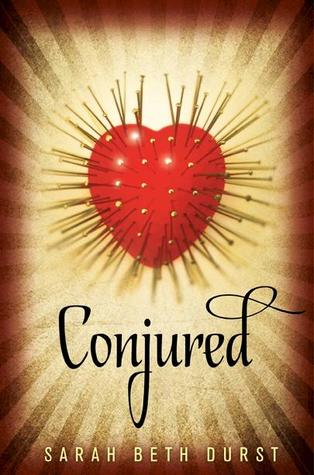 Have you ever finished reading a book and wished you could go back in time and prevent yourself from ever reading it in the first place? A friend posted that question a while back and I thought it was an interesting one.
Have you ever finished reading a book and wished you could go back in time and prevent yourself from ever reading it in the first place? A friend posted that question a while back and I thought it was an interesting one.
Flaubert’s Madam Bovary is definitely one such book for me. I read it in a “Reading the Classics” course for a creative writing program I was in and I can unequivocally state that I despised it. Considered Flaubert’s masterpiece, the story didn’t work for me because I found the characters to be so unlikable. Frankly, by the end of the story, I was actively rooting for them to get the unhappy endings they so richly deserved. I’ve read other books with unlikable characters, and I certainly don’t expect to like all of the characters in any story, but I do expect to be able to connect with or, at a minimum, sympathize with at least some of the characters. On the bright side, at least I didn’t have to slog through it in the original French.
For a completely different reason, M. M. Kaye’s Death in Berlin also has a place on my “un-read it” list. I’m a big fan of Kaye’s mystery novels – they were some of the first books the librarian allowed me to check out from the “grown-up” side of the library when I was a young reader – but this particular story contains an image (skillfully described) that gave me nightmares when I first read it and, if I dwell on it, is disquieting even now. It is the reason I find partially filled swimming pools with dark murky water quite disturbing. While it says a lot about her skill in setting a scene and evoking emotions, I think I’d have preferred to skip the experience.
Just last week, I finished a book that joined the aforementioned books: P. D. James’s Death Comes to Pemberley. I had high hopes for the story, both because I am a Pride and Prejudice fan and because it had been made into a Masterpiece show (I generally enjoy those). The story, which featured the cast of characters from Pride and Prejudice, was a retelling of that story, followed by a great deal of narration about a murder that happens years later. It didn’t work for me for a couple of reasons. First, there was a great deal of telling and very little showing. It made for slow reading. There was also very little character development, since the author started with characters who were already well defined. A glance at the reviews out on Amazon shows that I’m not the only one who thought this story fell a bit short. As one reviewer said, “it’s tolerable but should be slighted by the accomplished gentleman.” Ouch.
Looking back at books that I wish I could un-read has been a useful exercise. Pemberley drove home the importance of “showing” vs “telling” in a very effective way; Madame Bovary reminded me of the importance of characters (good or bad) that readers can relate to / empathize with / root for; and Berlin showed me what a double-edged sword strong imagery in a story can be. Hopefully I’ll be able to put some of this knowledge to good use as I get back to my own manuscript.
So, what books have you read, start to finish, that you wish you could write your past self a warning note to avoid (and why)?
Share this:




